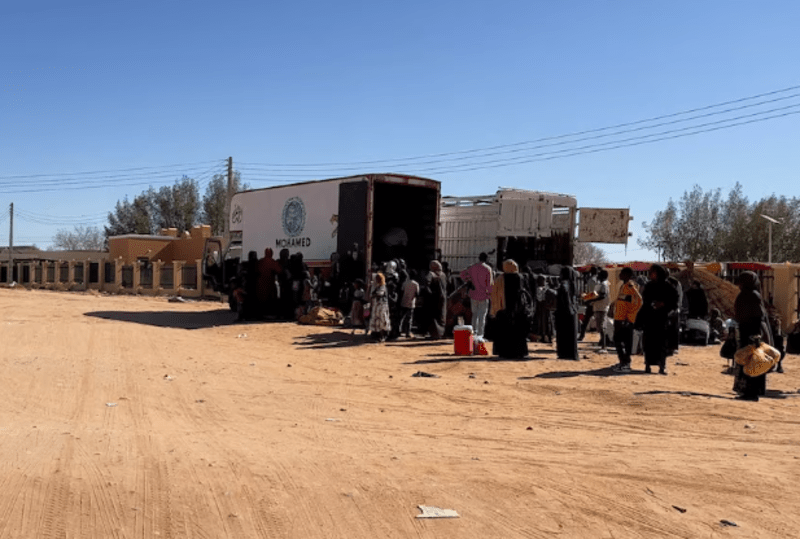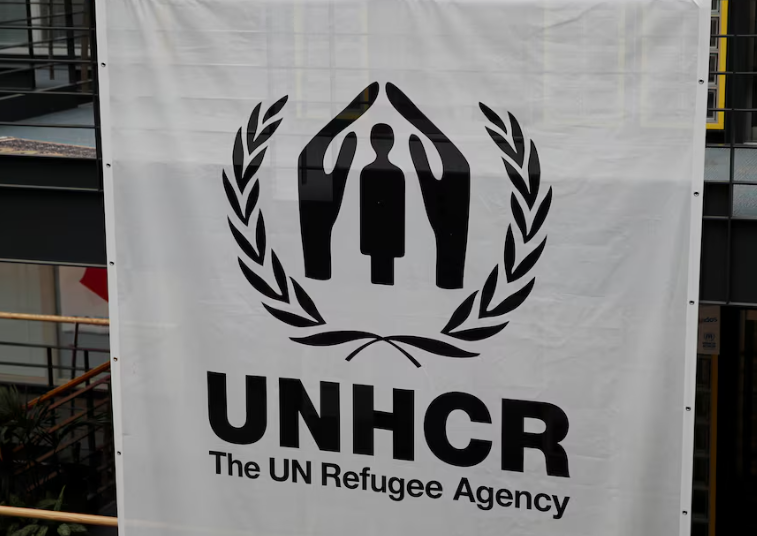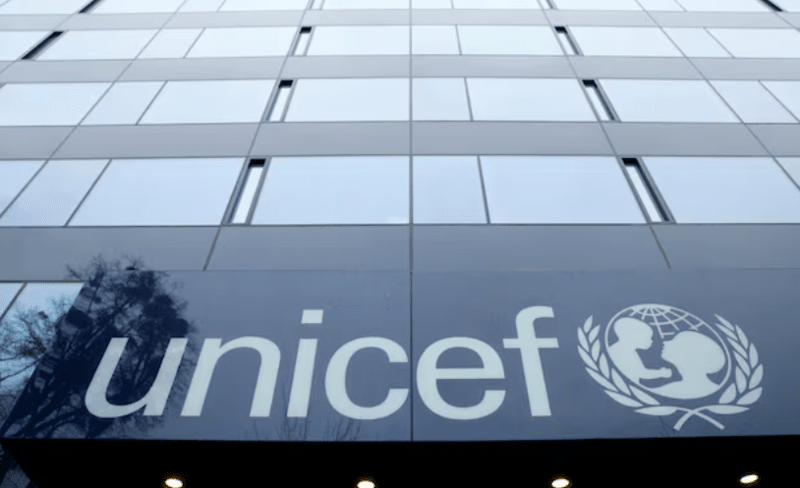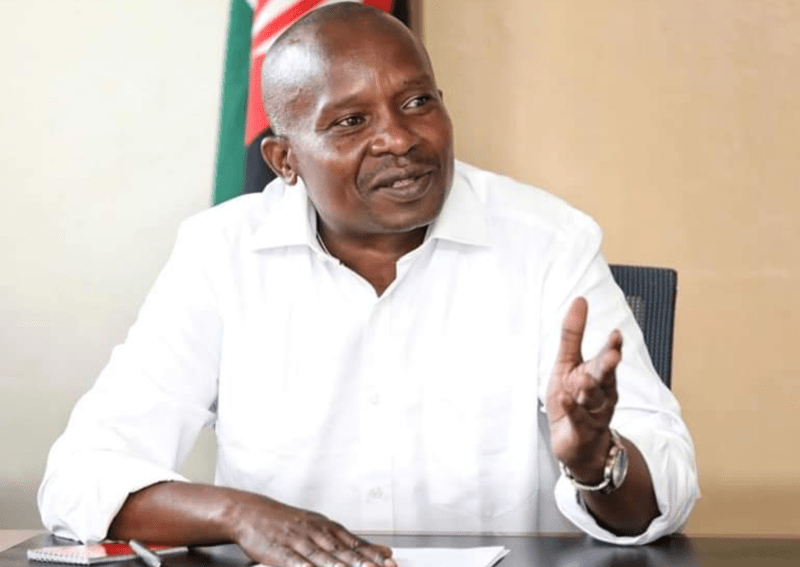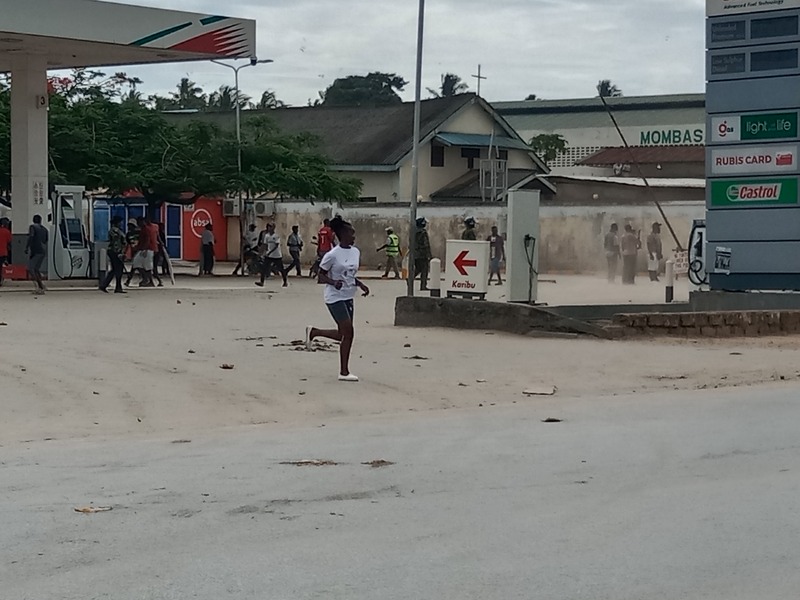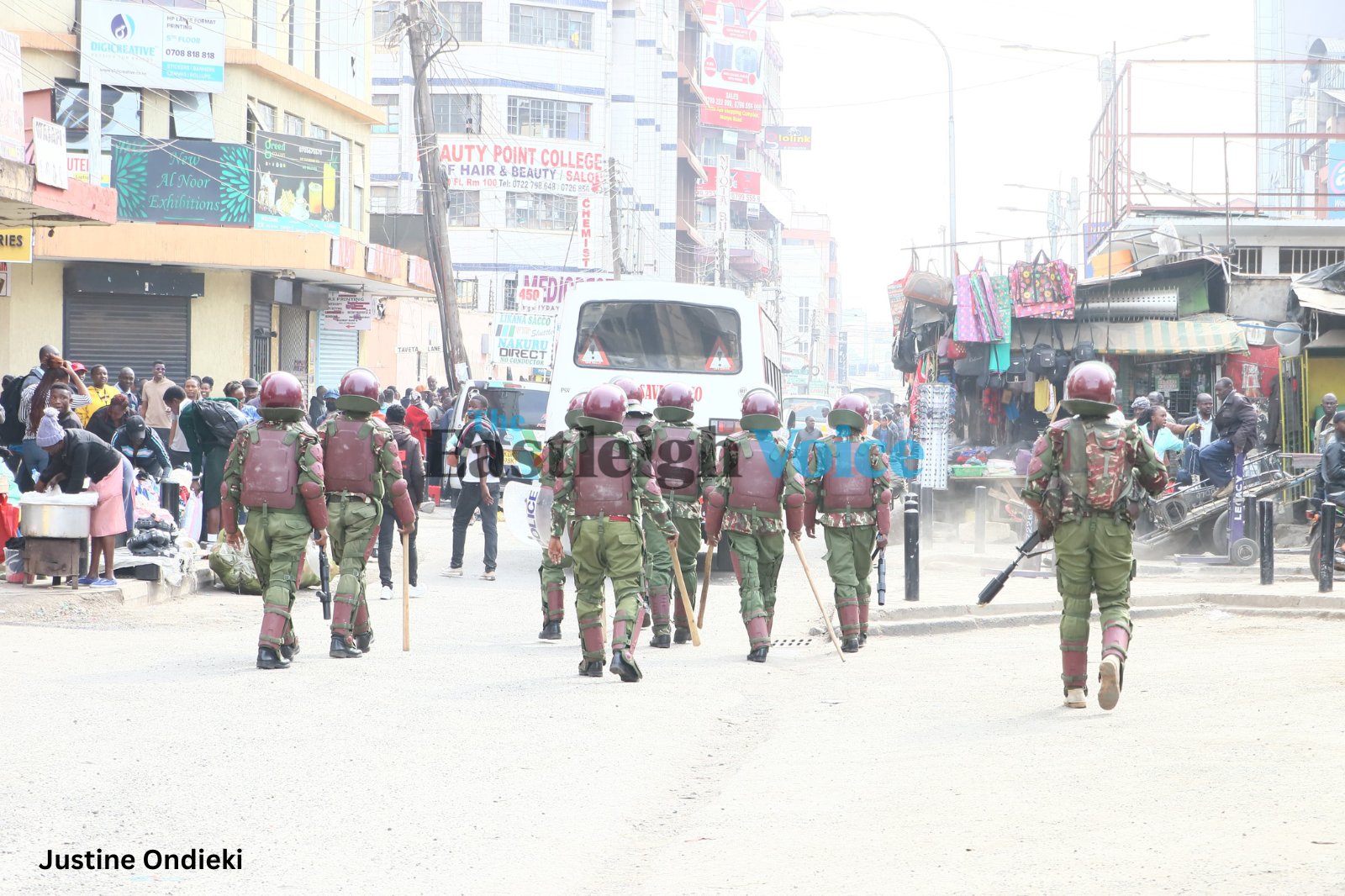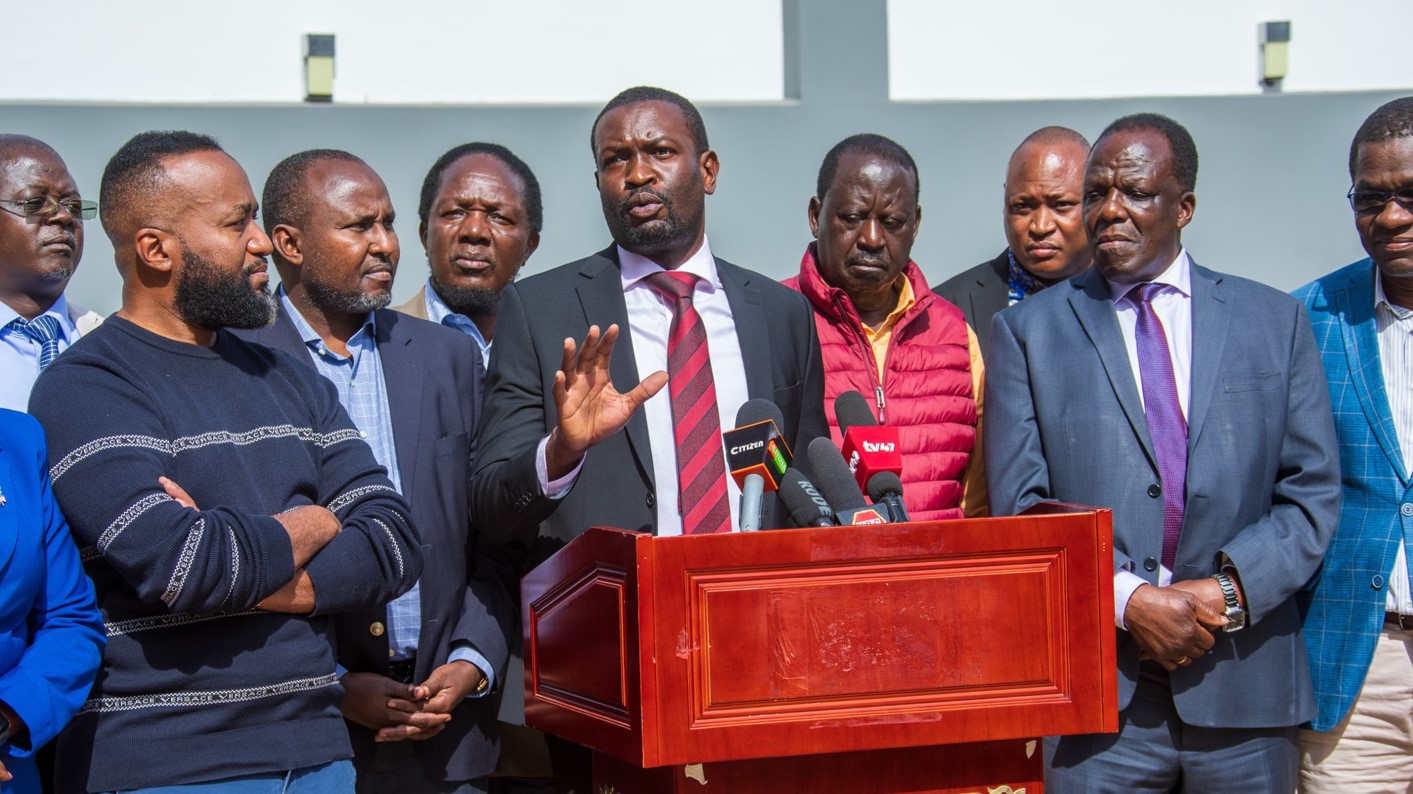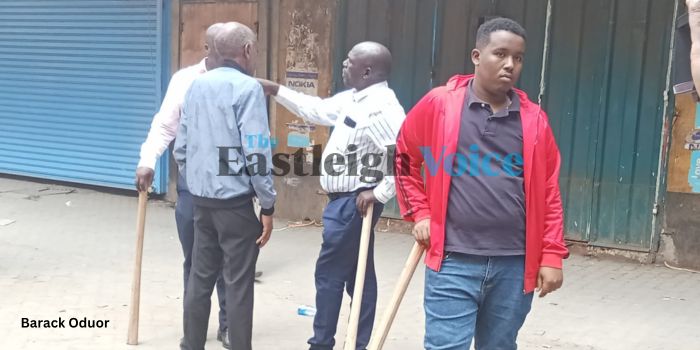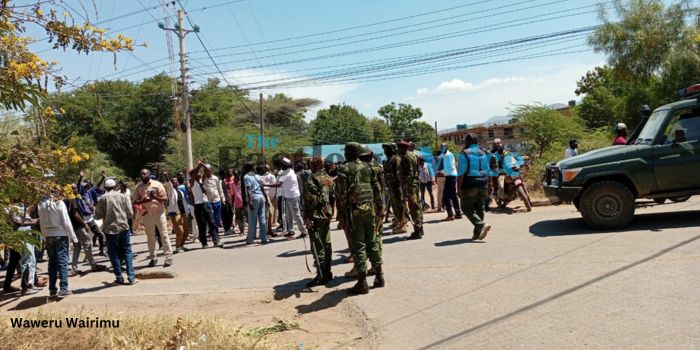How pastoralist is reaping big from irrigation farming
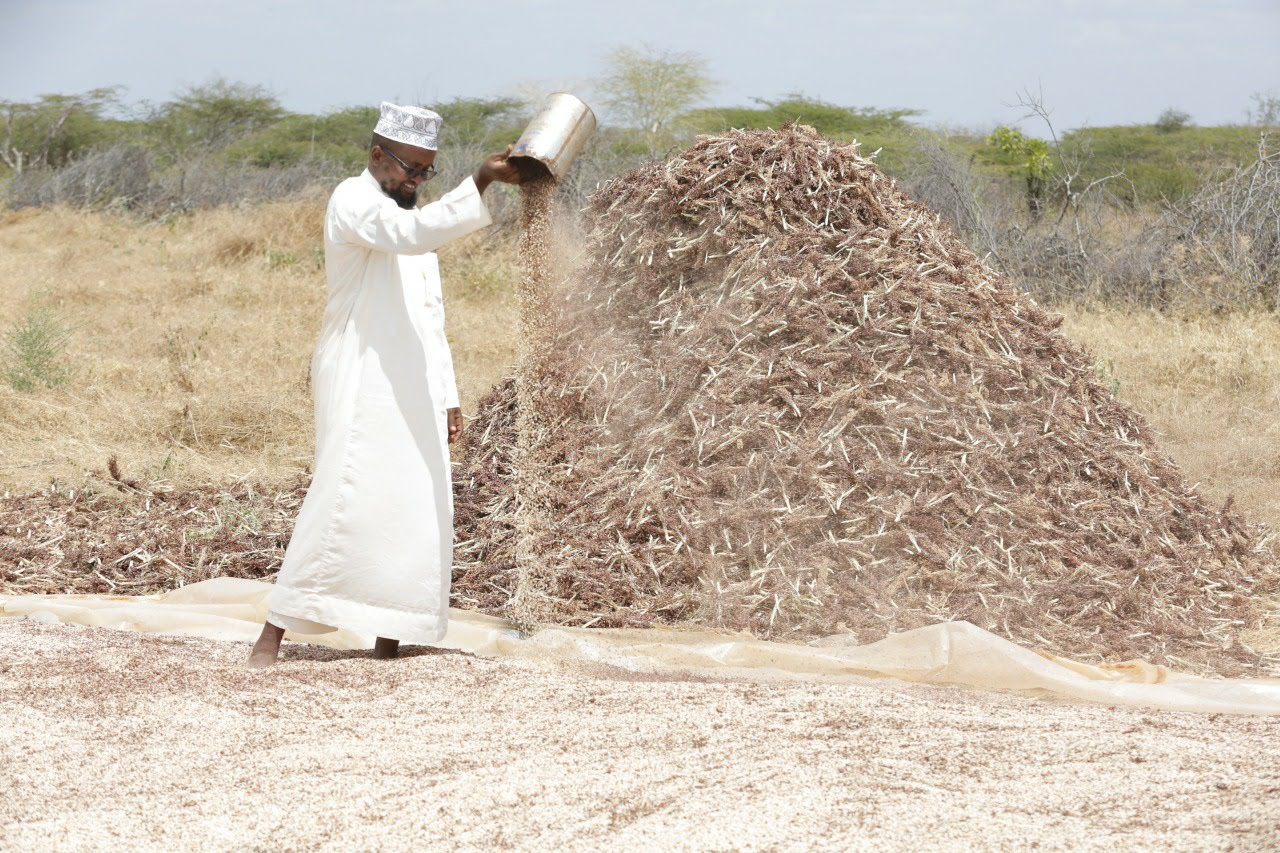
By Adan Mohamed |
In the heartland of Banisa Sub-County, Mohamed grows various crops on his farm such as onions, grafted oranges, lemons, mangoes, grevillea and watermelons through irrigation.
Mandera County is one of the regions in northern Kenya experiencing dry weather for most of the year, with normally low and unreliable rainfall, and with the effects of climate change, severe droughts affect mainly pastoralist residents.
But amidst the barren landscape and emaciated livestock, Mohammed Ibrahim, a farmer, has defied the odds and taken to farming which makes him stand out among the pastoralists.
Keep reading
In the heartland of Banisa Sub-County, Mohammed grows various crops through irrigation such as onions, grafted oranges, lemons, mangoes, grevillea, and watermelons on his 40-hectare farm.
Mohammed also grows sorghum which is drought resistant and looking at his farm, one would think it is in the Kenyan highlands, not in the dry northern Kenya.
While most people in Mandera wait for food aid from the government and other organisations, Mohammed has become a food supplier in his village and beyond. He has demystified the common notion that only livestock can thrive here.
"I have demonstrated that using proper farming techniques yields positive results. I am reshaping the narrative in Mandera by showing the community that crops can thrive here with effective agricultural practices,” he says.
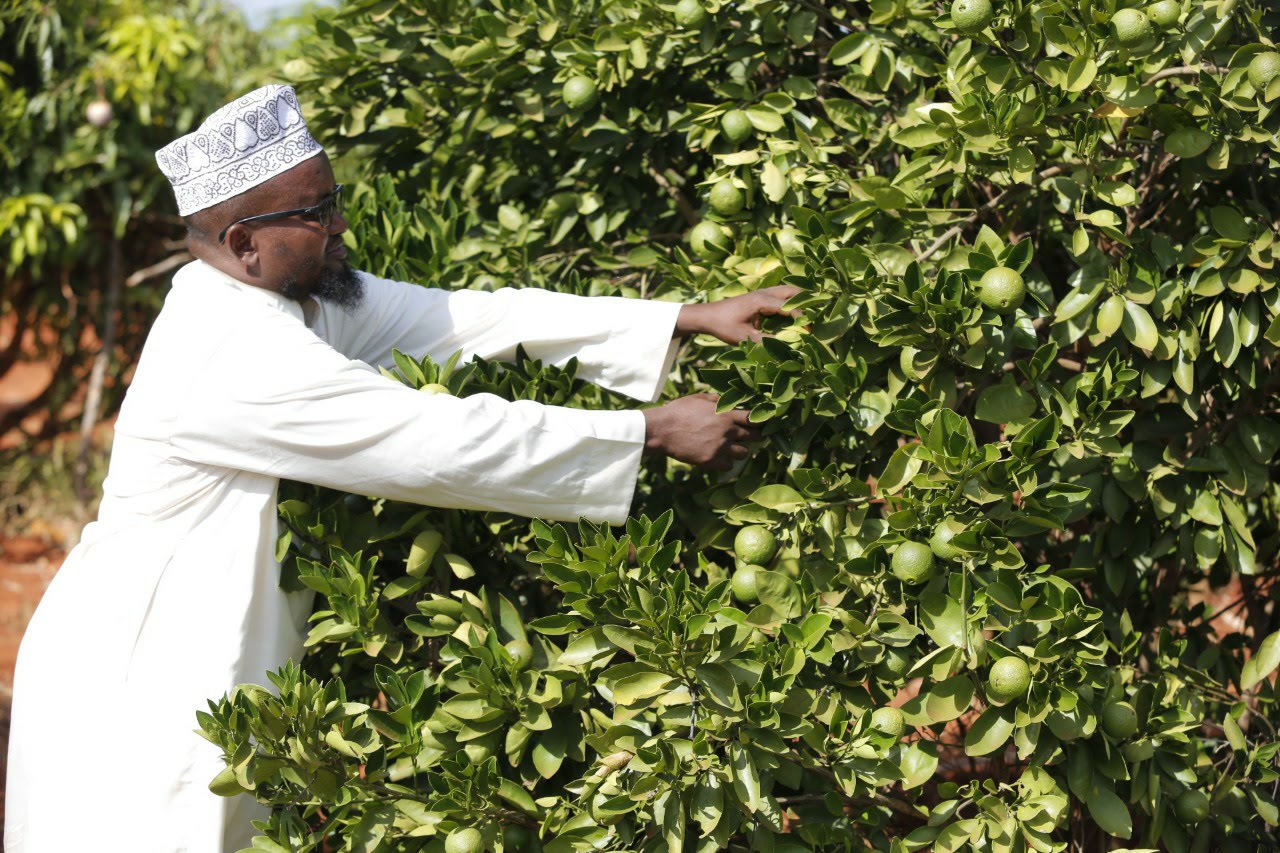 Mohammed Ibrahim manages his 40-hectare farm in Banisa Sub County, Mandera.
Mohammed Ibrahim manages his 40-hectare farm in Banisa Sub County, Mandera.
Water scarcity is a major challenge, and Mohammed has to rely on water pans for his irrigation project. Another challenge is the shortage of labour on his farm. He hopes to acquire farm machinery to ease this challenge.
To deal with the adverse effects of the dry weather, Mohammed practices crop rotation to allow his farm to rejuvenate and keep off diseases that affect yields.
He says that crop rotation also helps guard against vicious weeds that rob the crops of nutrients and water, leading to stunted growth.
Mohammed says that he prefers using manure to grow his crops.
“Manure is more useful than artificial fertilisers; that is how I keep my farm organic,” he says.
For the stubborn fungal, viral, and bacterial infections, he sprays his fruit trees to save them from destruction.
Mohammed is a stickler for the best farming practices, and with his farm standing out in a large pastoralist community, it has drawn the attention of many people including Governor Mohamed Khalif.
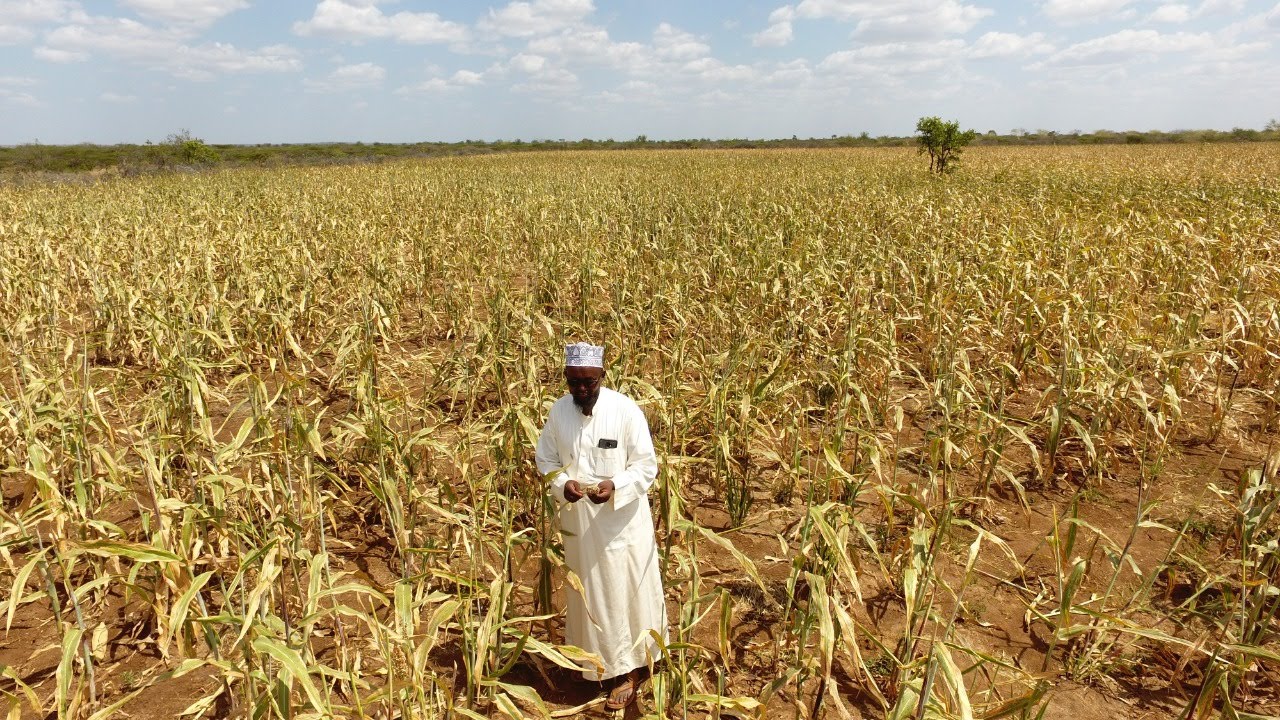 Mohammed Ibrahim in part of his 40-hectare farm in Banisa Sub County, Mandera.
Mohammed Ibrahim in part of his 40-hectare farm in Banisa Sub County, Mandera.
The county Director of Agriculture Charles Kavuli says agriculture officials always visit Mohammed’s farm and guide him.
“There were a few misses like spacing and pruning at the right time. He needs to use drip irrigation to help cut costs,” Kavuli says.
Having grown sorghum for years and this being the main crop on the farm, Mohammed has advice for those looking to grow it.
“Sorghum does well in warm areas but must be sheltered from strong winds because its stems and roots are not very strong. Irrigation also helps guard against abortion in flowers,” Mohammed says.
But he says it is costly to practice irrigation and hopes that he can get a cheaper solution. He is now thinking of using solar power for his irrigation needs to reduce the cost of using fuel.
“I use 56 litters of fuel every season, costing me Sh56,000, to keep the plants alive,” Mohammed says.
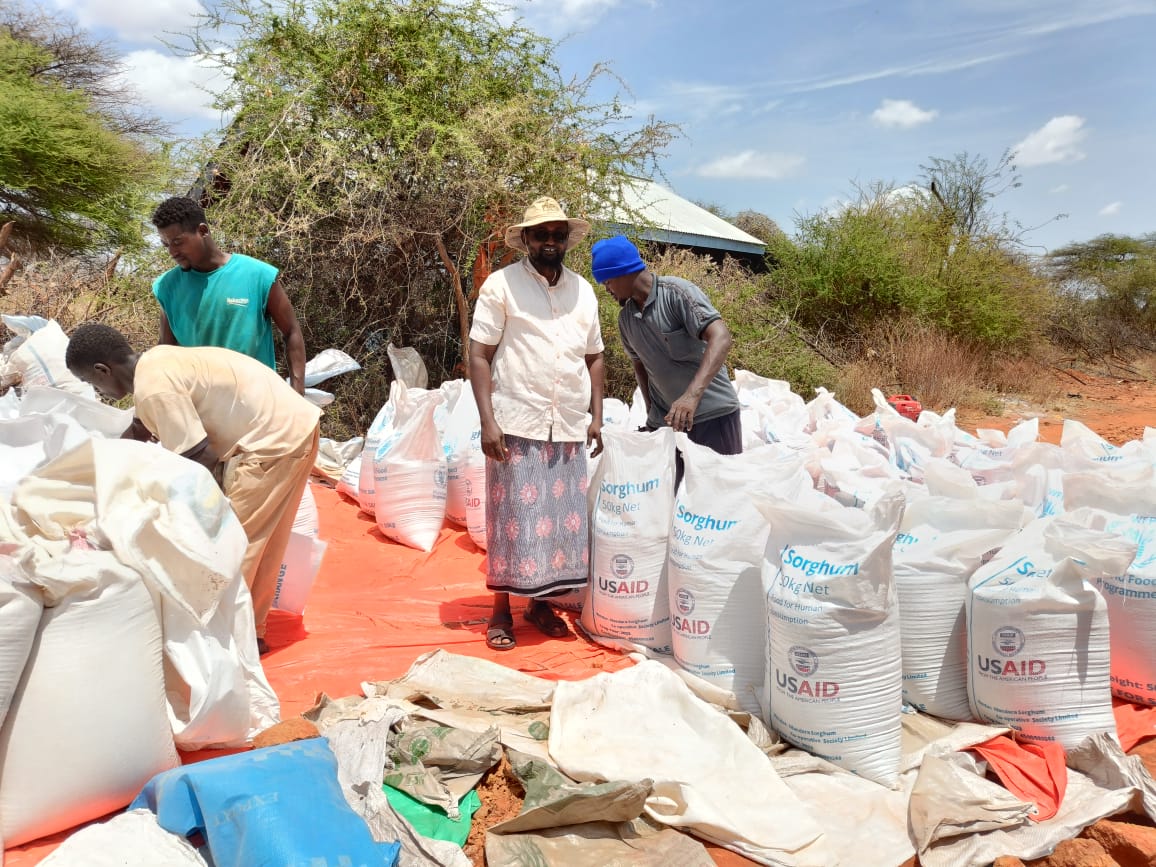 Part of the produce from Mohammed Ibrahim's 40-hectare farm in Banisa Sub-county, Mandera.
Part of the produce from Mohammed Ibrahim's 40-hectare farm in Banisa Sub-county, Mandera.
At the same time, Mohammed has been seeking help from the county government which supplies him with hybrid seeds to improve yields.
“I always report to the county officials when I face a nagging problem. It is good to report the problem early enough so that the given remedy can work,” he says.
From his 40-hectare farm, Mohammed recently harvested 497 bags of sorghum, each weighing 50kg.
The main buyer of his produce is the World Food Programme (WFP), which bought all the sorghum at Sh80 per kilo. WFP lauded his efforts and promised to continue supporting him.
Fifteen kilometres away in Darkale village, another farmer, Hussein Abirahmam, is embracing the same idea as Mohammed and reaping more than he ever made from rearing livestock.
His farm is dotted with sorghum, pawpaw and oranges. He says he regrets not having embraced farming much earlier.
By embracing farming, it is hoped that Mandera residents will feed themselves and stop always relying on food donations.






